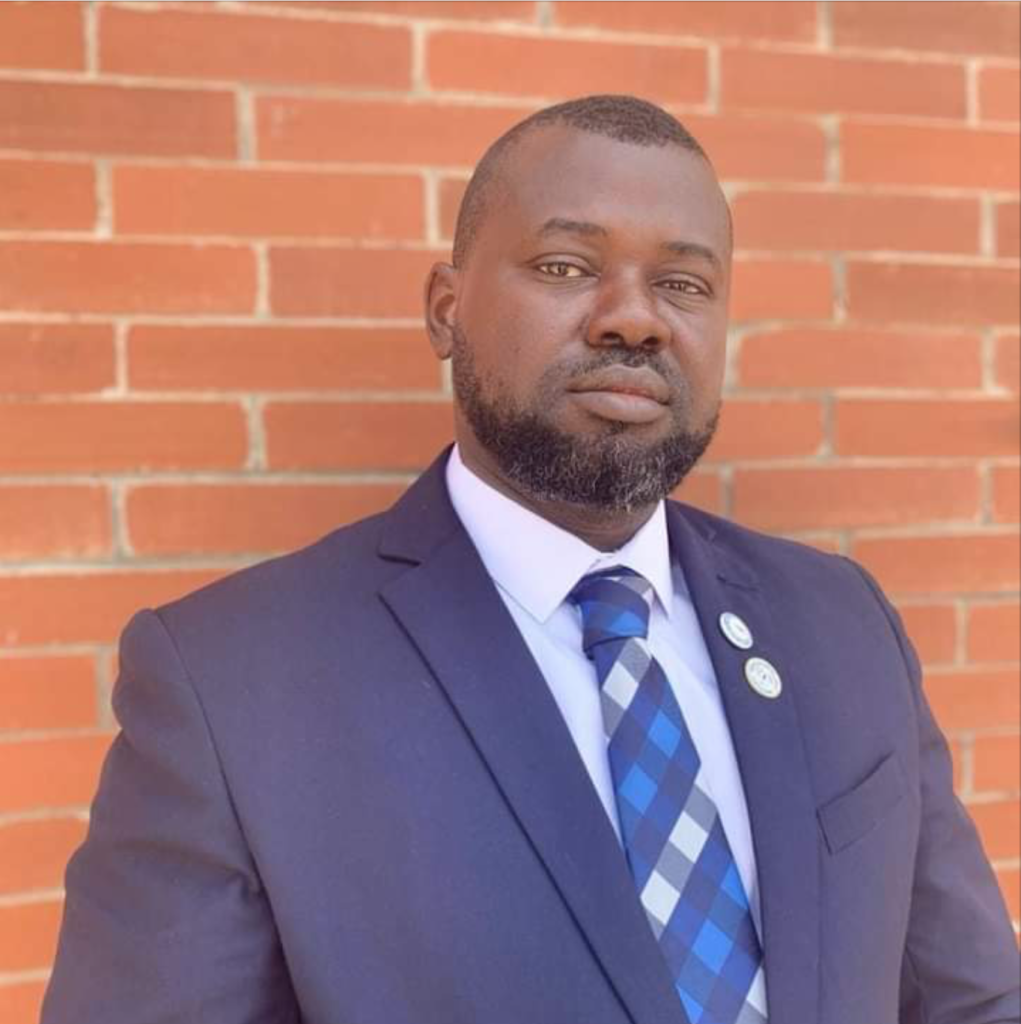
Dr. Olabanji Surakat
Dr Olabanji Surakat lectures at the Osun State University, Nigeria with combined work and professional experience in implementation research and disease surveillance, field/laboratory data analysis, drug safety and efficacy, Water Sanitation and Hygiene (WASH), molecular biology, and preventive-chemotherapy neglected tropical diseases (PC-NTDs). His research provides answers to ways of improving the health status of individuals, families and communities housing vulnerable populations such as women, children and people with disabilities (PWD) in rural and hard to reach areas of Nigeria. He has certification in Good Clinical Practice from the Global Health Network, and a certificate of Leadership and Management in Health from the University of Washington, USA. During his PhD programme, he obtained a short term fellowship from the Programme for Appropriate Technology in Health, Seattle, USA, where he conducted part of his bench studies on OV16 ELISA after a successful field testing of the onchocerciasis rapid diagnostics. He is a recipient of the African Research Network on Neglected Tropical Diseases (ARNTD) grant which focused on improving access and acceptability of preventive chemotherapy for the control and elimination of Lymphatic Filariasis and onchocerciasis in Osun State, Nigeria. He has consulting experience with the Global Fund (GF), Sightsavers International, Carter Center, USAID, UKAid, and has served in the past as a technical adviser to the World Health Organization (WHO) to the Republic of Sudan where he trained in-country entomologist on blackfly cytotaxonomy. Currently, he is contributing to the scale-up of new vector control strategies such as next-gen nets for malaria, entomological surveillance, insecticide resistance and susceptibility of mosquitoes, onchocerciasis vector trapping using different glues as an alternative to human landing catch, modelling of urban malaria transmission in Kano and Ibadan Nigeria with the Nigerian Institute of Medical Research (NIMR), the National Malaria Elimination Programs in Nigeria and Northwestern University, Illinois, Chicago.”
